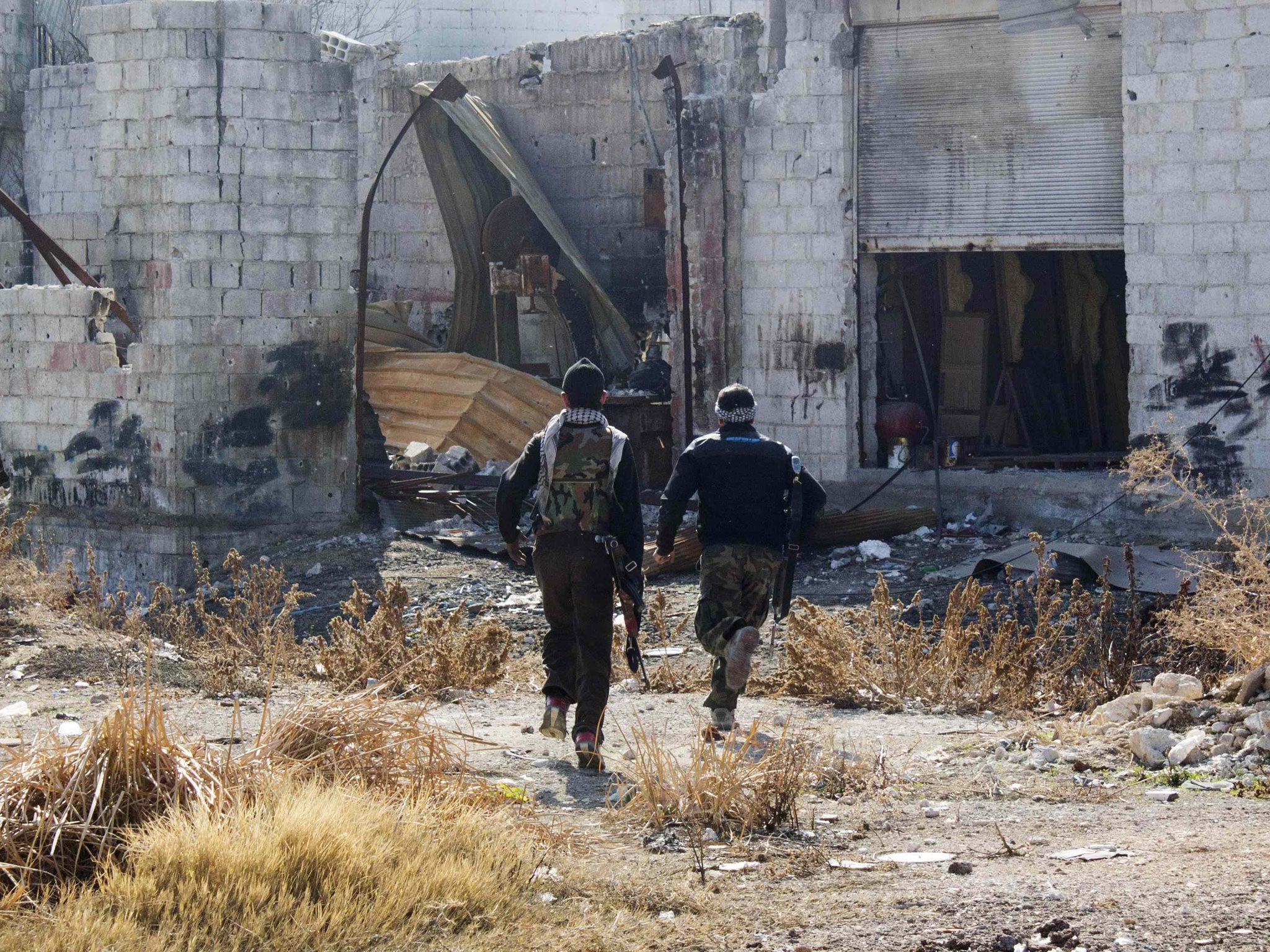Syria civil war: You saved me, but I just think about the family I left behind
The story of one Syrian's journey from Damascus to Manchester

Your support helps us to tell the story
From reproductive rights to climate change to Big Tech, The Independent is on the ground when the story is developing. Whether it's investigating the financials of Elon Musk's pro-Trump PAC or producing our latest documentary, 'The A Word', which shines a light on the American women fighting for reproductive rights, we know how important it is to parse out the facts from the messaging.
At such a critical moment in US history, we need reporters on the ground. Your donation allows us to keep sending journalists to speak to both sides of the story.
The Independent is trusted by Americans across the entire political spectrum. And unlike many other quality news outlets, we choose not to lock Americans out of our reporting and analysis with paywalls. We believe quality journalism should be available to everyone, paid for by those who can afford it.
Your support makes all the difference.Syamend Farhan sleeps in a hostel and lives off £5 a day, but the 21-year-old Syrian is just happy to have escaped the terror, the bodies and the sounds of the bombs of Damascus.
Today the former university student resides in Manchester after he escaped from Syria last summer and made his way to Britain. His family are still living in his battered hometown of Aleppo in north Syria – at least he can only assume this is the case, as he hasn’t been able to get in touch with them in over a year.
Speaking through an interpreter, he told The Independent he was in “danger” after he saw “bodies of people who had been killed by knife in front of me on the streets of Damascus”.
He said: “There is no one who lives in Syria who hasn’t seen dead bodies in the streets. Wherever people gather or demonstrate they are being targeted”
After a spate of bombings near his university, Syamend overcame his fear and convinced himself he had to “flee” the campus and make for the Turkish border.
After an arduous journey across the border he ended up living in cramped conditions with “hundreds of families, no job and little food” at a Turkish camp. Sick of the “terrible conditions” and harsh treatment he managed to bribe a people smuggler for passage to Greece.
The hazardous sea crossing was taken on a tiny inflatable dinghy, which capsized in sight of the shore and threw Syamend along with 20 others, some as young as five, into the water only 500 metres from the safety of the European Union.
They were rescued by Greek coastguards before being fingerprinted and photographed and threatened, he claims, with possible return to Turkey.
He said: “No-one died in my dinghy but I know other families who undertook the journey and didn’t make it.”
After contacting a “distant cousin” who had also fled Syria he was able to get “false papers” and “a little money” to make his way to France before catching the ferry to Dover in August 2013.
Now settled, to some degree, in Manchester he visits the office of charity Refugee Action every week for support and advice. He still doesn’t know the fate of his parents, three brothers and five sisters in war-torn Aleppo though, and can only hope messages he sends to them via friends in the region have made it to them
Syamend, who was granted leave to remain in September, said: “There is nothing worse than being uprooted; nothing could hurt more than being separated from your family, knowing they‘re at risk. It feels as if my heart is being ripped from my chest.”
This emotional trauma is still obvious to his case workers who are hoping to enrol him in English lessons so he can one day resume his university education, but he’s convinced he can never return to Syria: “For now, I can’t think of the future – of Syria’s future – all I can think of is my family.”
Join our commenting forum
Join thought-provoking conversations, follow other Independent readers and see their replies
Comments